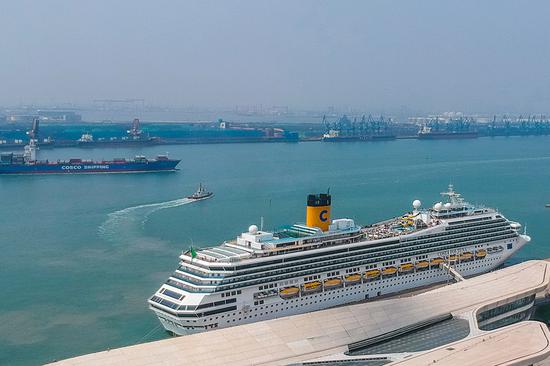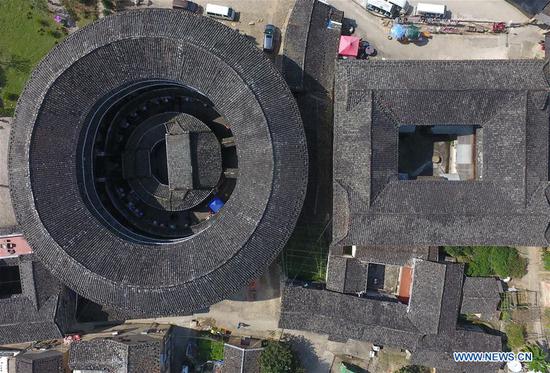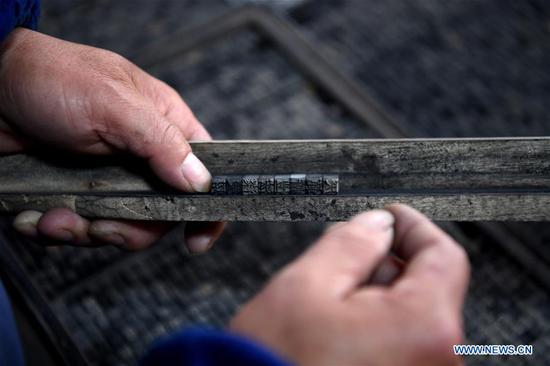New measure aims to prevent systemic financial risks, PBOC official says
China will impose tighter regulations on financial institutions identified as systemically important, requiring higher standards on supplementary capital and the leverage level, the central bank announced on Tuesday.
The additional regulatory requirement is to prevent systemic financial risks and enhance financial institutions' sustainability, said an official with the People's Bank of China, the central bank, in a statement on its website.
A "special resolution regime" will come into play when systemically important financial institutions fail or have financial difficulties, to ensure the failure will not affect the whole financial system. "That is the key arrangement to solve the 'too big to fail' issue," said the official.
The bailout fund, if the financial institutions fail, could be collected by themselves or through market-oriented financial channels. And the central bank will be the final source of emergency liquidity, according to the statement.
More details, including the standards for supplementary capital and the leverage level, could be released in the short term, said Wang Gang, a senior financial researcher at the Development Research Center of the State Council, who participated in the drafting process of a guidance document.
"The guidance has clarified a policy framework, and more regulations will be unveiled soon referring to some global standards," he said.
Some experts close to the central bank said that rules on the bankruptcy procedure of commercial banks could be a part of the special regime, to allow some banks to exist in the market without sparking systemic risks. The deposit insurance system will play a more important role in the future, they said.
Further requirements on financial institutions' liquidity and exposure will also be made for some institutions, according to the guidance.
The financial regulatory body, the Financial Stability and Development Committee, will review and update the financial name list annually. Lower-level regulatory bodies will collect financial institutions' data and assessment scores by August every year, before proposing a draft list.
Systemically important financial institutions include banks, securities and insurance companies. Some larger financial holding companies, if they are identified as "systemically important" by the committee, should also follow the guidance, the central bank said.
Systemically important financial institutions are those with large scale, complex structures and businesses, and a high connection with other financial institutions. Once they have risk exposure, their failure will influence the entire financial system. The Financial Stability Board, the global financial stability supervisor, has just completed the 2018 assessment of China's global systemically important financial institutions.


















































